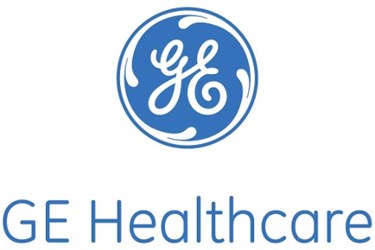GE Healthcare Inks Breast Imaging Device Distribution Pact With Dilon
By Jof Enriquez,
Follow me on Twitter @jofenriq

GE Healthcare announced that it has signed an agreement with Newport News, VA-based medical imaging company Dilon Diagnostics for the latter to distribute GE's Discovery NM750b Molecular Breast Imaging system in unspecified markets worldwide.
GE touts the enhanced capability of the Discovery NM750b Molecular Breast Imaging system to detect small breast lesions – including in patients with dense breast tissue, where lesions are harder to detect. Early detection of lesions has been associated with better clinical outcomes in breast cancer management.
"We are very pleased to associate with GE Healthcare, a world leader in innovation, in the fight against breast cancer," said Robert G. Moussa, DILON Diagnostics chairman and CEO, in a statement. "This relationship will enable us to expand our product portfolio and offer a complete spectrum of BSGI/MBI solutions to better meet the needs of our customers."
"We are excited to make the Discovery NM750b breast imaging system further available and to benefit from DILON's global and solid network of sales representatives," said Nathan Hermony, Nuclear Imaging global business manager for GE Healthcare, in the statement. "GE believes strongly in this advanced technology and the potential for this type of imaging to improve breast cancer diagnosis. DILON Diagnostics resources will bring further the education and acceptance of Molecular Breast Imaging."
The Discovery NM750b Molecular Breast Imaging device utilizes solid-state cadmium zinc telluride (CZT) detectors that can image the breast up close, right up to the chest wall, in standard mammographic views, according to GE. The company claims that CZT detectors have up to three times the imaging sensitivity compared to conventional NaI gamma cameras.
Dilon designs, manufactures, and commercializes diagnostic and surgical imaging in close collaboration with the U.S. Department of Energy’s Thomas Jefferson National Accelerator Facility and leading medical universities. The company's flagship product, the Dilon Molecular Imaging System, is a high-resolution, compact camera used in imaging small body parts, such as the breast, thyroid, parathyroid, and bone. It can perform molecular breast imaging (MBI/BSGI) procedures to help clinicians diagnose and manage suspicious and difficult-to-interpret breast cases.
According to a study by the National Institutes of Health (NIH), in patients with suspected breast cancer, MBI has an overall sensitivity of 90 percent, with a sensitivity of 82 percent for lesions less than 10 mm in size. As a newer breast cancer screening modality, MBI appears to have slightly better specificity than mammography, and to have comparable sensitivity to breast magnetic resonance imaging (MRI), according to NIH.
